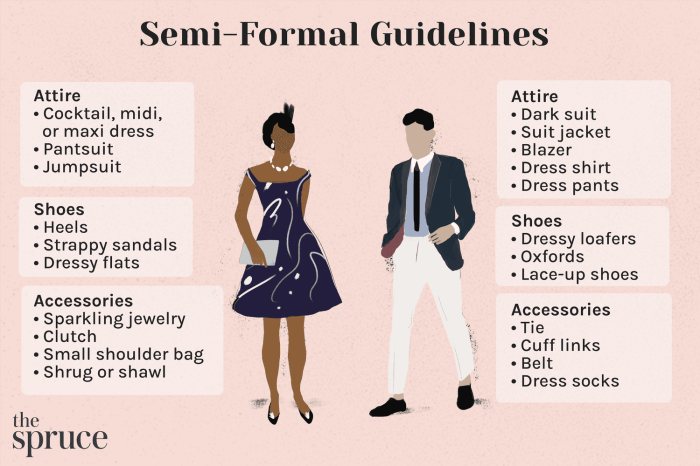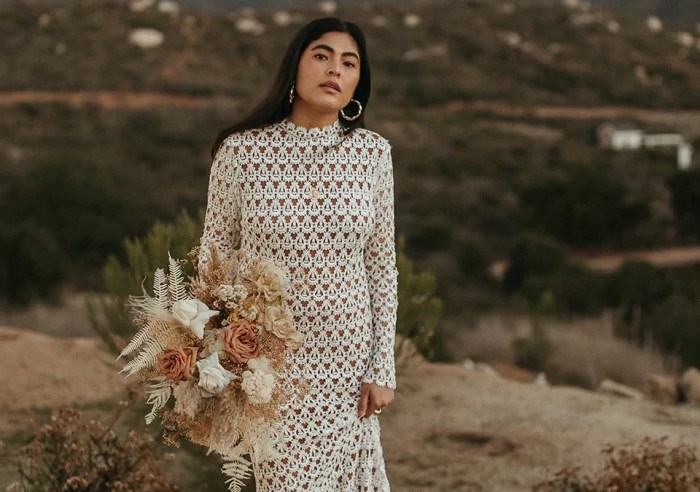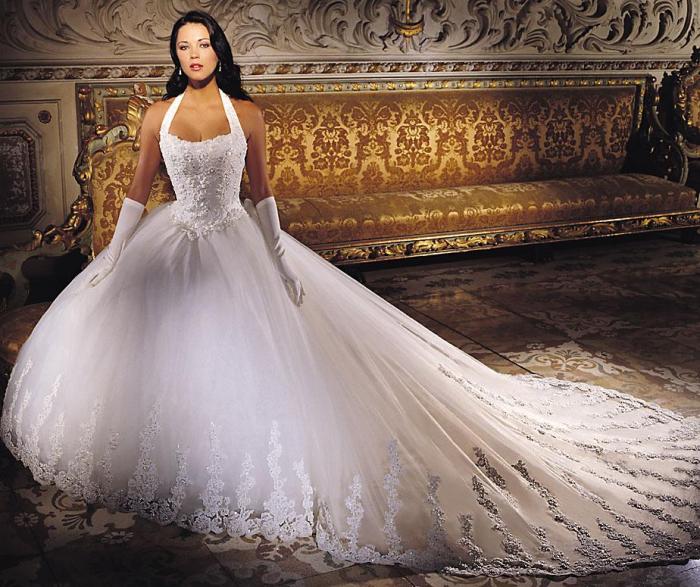Choosing the Perfect Dress for a Formal Wedding Reception: Dress For Formal Wedding Reception
Dress for formal wedding reception – Attending a formal wedding reception requires careful consideration of your attire. The right dress can make you feel confident and elegant, while the wrong choice might leave you feeling out of place. This guide provides a comprehensive overview of choosing a dress appropriate for such an occasion, encompassing dress styles, dress codes, fabric and color considerations, accessorizing, and etiquette.
Types of Dresses for a Formal Wedding Reception

Source: suitsupply.com
Selecting the perfect dress depends on various factors, including the wedding’s formality, venue, and personal style. Floor-length gowns are generally considered the most formal, while cocktail dresses offer a more relaxed yet still sophisticated option. Midi dresses fall somewhere in between. Necklines and sleeve styles also contribute to the overall formality and aesthetic.
| Dress Style | Length | Fabric Suggestions | Suitable Venue |
|---|---|---|---|
| Floor-Length Gown | Floor-length | Silk, satin, velvet, lace | Upscale hotel ballroom, grand estate |
| Midi Dress | Knee-length to mid-calf | Crepe, chiffon, brocade | Elegant restaurant, garden party |
| Cocktail Dress | Above the knee to mid-thigh | Silk, jersey, lace | More casual yet still sophisticated venues |
| A-line Gown | Floor-length or midi | Taffeta, chiffon, lace | Various venues depending on fabric and embellishments |
Necklines range from classic boatnecks and elegant V-necks to more modern halter necks and off-the-shoulder styles. Sleeve options include long sleeves (often made of sheer fabrics for a formal touch), three-quarter sleeves, short sleeves, or sleeveless designs. A formal wedding gown, typically worn by the bride, is usually more elaborate and extravagant than a formal reception dress, which should be less ornate and avoid mimicking bridal styles.
Choosing a Dress Based on the Wedding’s Dress Code
Understanding the dress code is crucial for selecting an appropriate outfit. A flowchart can help navigate the various dress code levels:[A flowchart would be visually represented here. The flowchart would start with “What is the dress code?” branching to options like “Black-tie,” “Semi-formal,” “Cocktail,” and “Casual.” Each branch would then lead to descriptions of appropriate attire. For example, “Black-tie” would lead to “Floor-length gown or formal pantsuit,” while “Cocktail” would suggest “Cocktail dress or elegant pantsuit.”]Black-tie events call for floor-length gowns or formal pantsuits.
Semi-formal events allow for knee-length dresses or elegant jumpsuits. Cocktail attire permits shorter dresses, skirts, or pantsuits. Morning receptions may call for lighter colors and fabrics, while evening receptions often feature darker and more luxurious materials.
Fabric and Color Considerations

Source: thespruce.com
The choice of fabric significantly impacts the overall look and feel of the dress.
- Silk: Luxurious drape, subtle shine.
- Satin: Smooth, glossy finish.
- Velvet: Rich texture, warm feel.
- Lace: Delicate, intricate detail.
- Chiffon: Lightweight, flowing fabric.
Color selection depends on the time of day and season. Pastels and lighter colors are often preferred for daytime events, while darker shades are more suitable for evening receptions. Consider the wedding’s theme and venue when choosing a color palette. A rustic wedding might call for earthy tones, while a beach wedding might inspire lighter, brighter hues.
Accessorizing a Formal Wedding Reception Dress
Accessories can elevate a dress to the next level.
- Jewelry: Statement earrings, delicate necklace, bracelet.
- Shoes: Elegant heels or dressy flats.
- Handbag: Small clutch or evening bag.
- Shawl or Wrap: For warmth or added elegance.
Accessories should complement the dress and overall wedding theme. A simple dress can be enhanced with bold jewelry, while an ornate dress might pair better with more understated accessories.
Illustrative Examples of Formal Wedding Reception Dresses, Dress for formal wedding reception
1. Classic Elegance
A floor-length A-line gown in navy blue silk, featuring a V-neck and long sleeves. Paired with diamond stud earrings, a delicate silver necklace, and silver heels. The hairstyle could be a sleek chignon or soft waves.
2. Modern Chic
A midi dress in emerald green crepe, with a halter neckline and a fitted silhouette. Accessorized with gold hoop earrings, a statement cuff bracelet, and black ankle strap heels. A high ponytail or a sophisticated updo would complement this look.
3. Romantic Flair
A floor-length gown in blush pink lace, with a sweetheart neckline and a flowing skirt. Paired with pearl earrings, a delicate pearl necklace, and nude heels. A soft updo or loose curls would enhance the romantic feel. Consider body type and personal style when making selections, ensuring comfort and confidence.
Etiquette and Considerations
Avoid wearing white or anything that might overshadow the bride. Respect the wedding’s formality and the couple’s preferences. Choose attire that is appropriate for the venue and time of day. Ensure your outfit is clean, well-fitting, and in good condition. By following these guidelines, you can ensure your appearance is both respectful and stylish.
FAQs
Can I wear a pantsuit to a formal wedding reception?
While traditionally dresses are worn, a well-tailored pantsuit in a luxurious fabric can be appropriate for a formal wedding, especially if the dress code is less strictly black-tie.
Choosing the right attire for a formal wedding reception requires careful consideration. While a floor-length gown is typically expected, the style can vary greatly; for instance, a bride might opt for a more relaxed yet elegant look with a stunning beach lace wedding dress , perhaps re-purposing it for the reception. Ultimately, the key is to select an outfit that is both sophisticated and appropriate for the event’s formality, reflecting the celebratory nature of the occasion.
What if the invitation doesn’t specify a dress code?
If unsure, err on the side of formality. A floor-length gown or a sophisticated cocktail dress is generally a safe bet for a formal wedding reception.
How important is matching my shoes and handbag?
While perfect matching isn’t mandatory, coordinating your shoes and handbag in color or style creates a polished look. Consider the overall color palette of your outfit.
What if I’m uncomfortable in heels?
Elegant flats or low heels are acceptable, especially if the reception involves a lot of dancing or standing. Prioritize comfort without compromising style.


